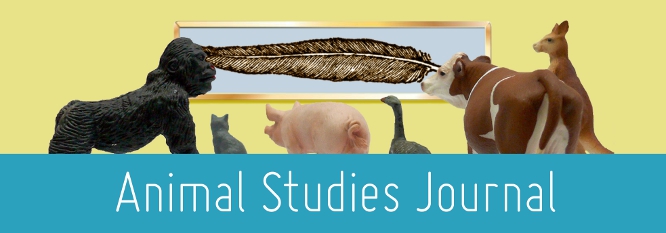Home > assh > ASJ > Vol. 3 (2014) > No. 1

Abstract
Temple Grandin has been a captivating figure for both animal and disability studies, and for filmmakers. Known for designing more humane livestock handling processes in the US cattle industry, and for her books and public speaking on autism, Grandin’s celebrity then became popularly constructed through screen representations including the First Person episode Stairway to Heaven’ (Errol Morris, 2001), the BBC’s Horizon episode ‘The Woman Who Thinks Like a Cow’ (Emma Sutton, 2006), and the HBO Films biopic Temple Grandin (Mick Jackson, 2010).
Grandin’s biographies credit her autism with providing privileged access to bovine subjectivity and much is made of this ‘cow’s eye view’ in narrativizing her autistic and career experiences in these film and television profiles. Using Lori Gruen’s concept of ‘engaged empathy’ and discussion of animal well-being, I examine the ambiguous use of Grandin as an access point for understanding and responding ethically to cattle’s needs and interests. Does Grandin’s empathy, as constructed onscreen, open up paths to greater compassion and an improvement in the well-being of cattle, or are there mitigating factors and techniques which put the spectator at ethical ease with the existence and operations of factory farms?
In these retellings of Grandin’s phenomenological experiences and life story, empathy or autistic affinity with cattle is tempered by humanist transcendence and well-being is narrowly defined as the minimization of fear. While empathy may be a human entry point to the psychic life of other animals, and film and television strategies can facilitate empathic access, these documentaries demonstrate that empathy also has its limits for both Grandin and the cattle headed to the slaughterhouse.
Recommended Citation
Henry, Claire, A Cow's Eye View? Cattle Empathy and Ethics in Screen Representations of Temple Grandin, Animal Studies Journal, 3(1), 2014, 6-28.Available at:https://ro.uow.edu.au/asj/vol3/iss1/3

